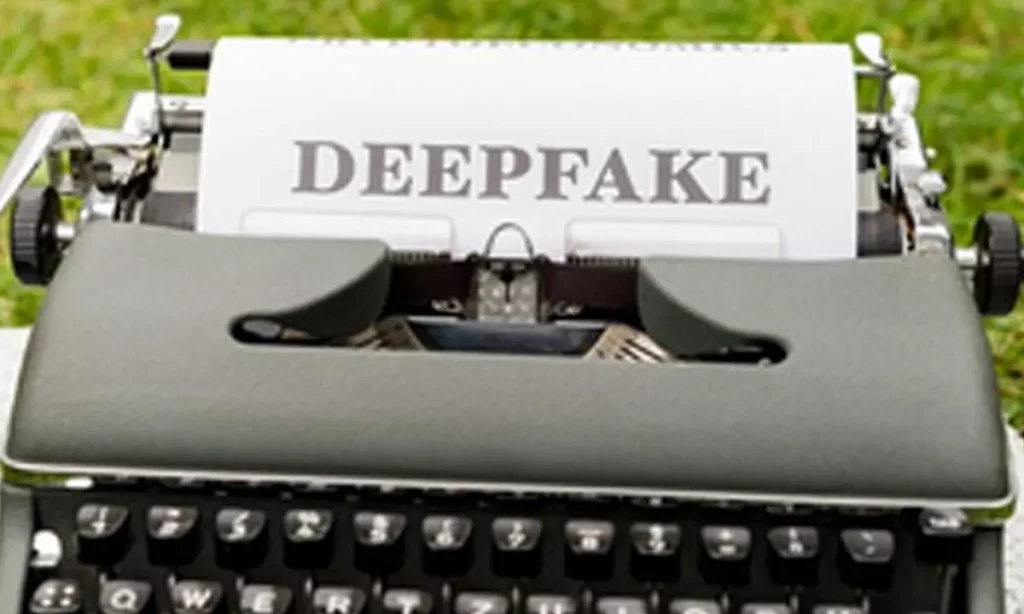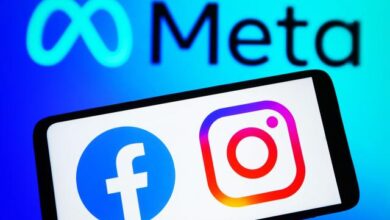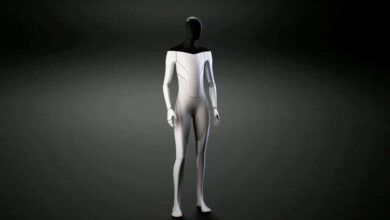Over 70% of Indians struggle to distinguish real from deepfakes, Raises concerns
1 out of 4 people (22%) admitted to deep fake content occurrence and nearly a quarter reported the same by saying they have witnessed digitally altered videos, pictures or voices of political candidates

As per a recent report by McAfee, a computer security firm aiming to investigate into what impacts artificial intelligence (AI) and to study the surge in deep fake technology, found out 1 out of 4 people (22%) admitted to deep fake content occurrence and nearly a quarter reported the same by saying they have witnessed digitally altered videos, pictures or voices of political candidates.
It is now possible to assume that during events like the Lok Sabha elections and popular sporting leagues such as the Indian Premier League (IPL), the number of individuals exposed to deep fakes could be significantly higher. This is because many Indians struggle to differentiate between real and fake content, largely due to the advanced capabilities of artificial intelligence (AI) technologies.
Survey results revealed that the last year saw 75% of the respondents encountering deepfake content , 38% of them being exposed to deep fake scams, and 18% of them being deceived by it. What is more concerning is that half of the people who reported having fallen victim to deep fake scams stated that they came upon a video, image, or audio recording of a celebrity that they believed was true, and as a result 31% of them suffered financial loss.
Approximately, 39% of respondents thought their voice was cloned and subsequently used in a misleading way to defraud their friends or relatives. However, 39% of the surveyed individuals received deceptive calls or messages that sounded impeccable like they were from the respondents’ near and dear ones but were AI-generated ones, in effect.According to McAfee, the top concerns among surveyed Indians were misinformation and disinformation.

The latest incidents involving public figures such as Sachin Tendulkar, Virat Kohli, Aamir Khan, and Ranveer Singh reflected the possibility of an escalating issue into a widespread problem nationwide.The survey data show that almost 80% of people have now doubled their level of worry about deepfake technology compared to a year ago.Interestingly, over 60% of the respondents believe that AI makes the identification of online scams more difficult. Nevertheless, more than 30% of people see themselves capable of separating real and fake sounds, for instance generative AI voiceovers.
Pratim Mukherjee, Senior Director of McAfee said in a statement:
“The ease with which AI can manipulate voices and visuals raises critical questions about the authenticity of content, particularly during a critical election year.We encourage consumers to maintain a healthy sense of skepticism. Seeing is no longer believing, and it is increasingly becoming important to take a step back and question the veracity of the content one is viewing.”
The AI model in response to the growing dangerous tendencies among robbers using the latest AI tools to commit cybercrimes by creating deceptive content , has been designed and developed by McAfee Labs as part of the Project Mockingbird. The purpose of this technology is to defend the public from cybersecurity threats by determining whether a video clip contains AI-generated audio or not. Project Mockingbird has combined different detection models and as a result, it effectively ensures a high 90% accuracy level in its ability to detect genuine and AI-generated audio materials.
You might also be interested in – iPhone Production in India hits $14 Billion in FY24 : Reports



